
Technical Advisory Committee
The Technical Advisory Committee (TAC) provides scientific, technical, and market-related advice and recommendations for the development of standard content. It features stakeholder representatives from across the value chain and the GLOBALG.A.P. certification system.
A strategic technical advisor
What is the Technical Advisory Committee?
The Technical Advisory Committee (TAC) is responsible for the technical overview of standard and add-on content, covering a range of topics including legal compliance, food safety, environmental sustainability, social responsibility, industry recognition, certification methods, and supply chain transparency. The TAC members work closely with our Research and Development Team and ensure that the output from technical working groups and focus groups aligns with the brand vision and mission.
What are the responsibilities of the TAC?
Offer strategic technical advice
to the Research and Development Team
Collaborate with technical working groups
and align output with the vision and mission
Establish ad-hoc focus groups
to provide topic-specific input where required
Offer strategic technical advice
to the Research and Development Team
Collaborate with technical working groups
and align output with the vision and mission
Establish ad-hoc focus groups
to provide topic-specific input where required
How is the TAC structured?
The TAC is initially composed of up to 14 members. This includes 12 members from industry – with an equal representation of the plants and aquaculture scopes, as well as buyers/traders/retailers and producers/suppliers – plus two members from GLOBALG.A.P. approved certification bodies (CBs).
Chaired by an elected member of the TAC, members are appointed for a term of four years. The committee holds regular meetings to discuss the content and technical strategy of GLOBALG.A.P. solutions.
In cases where the TAC is unable to provide equal representation and/or depth of knowledge on a specific topic, product category, or GLOBALG.A.P. solution, technical working groups (TWGs) are consulted to provide the necessary technical input.
Additionally, the TAC and/or a TWG may decide to form ad-hoc focus groups to provide detailed input on specific technical or scientific issues.
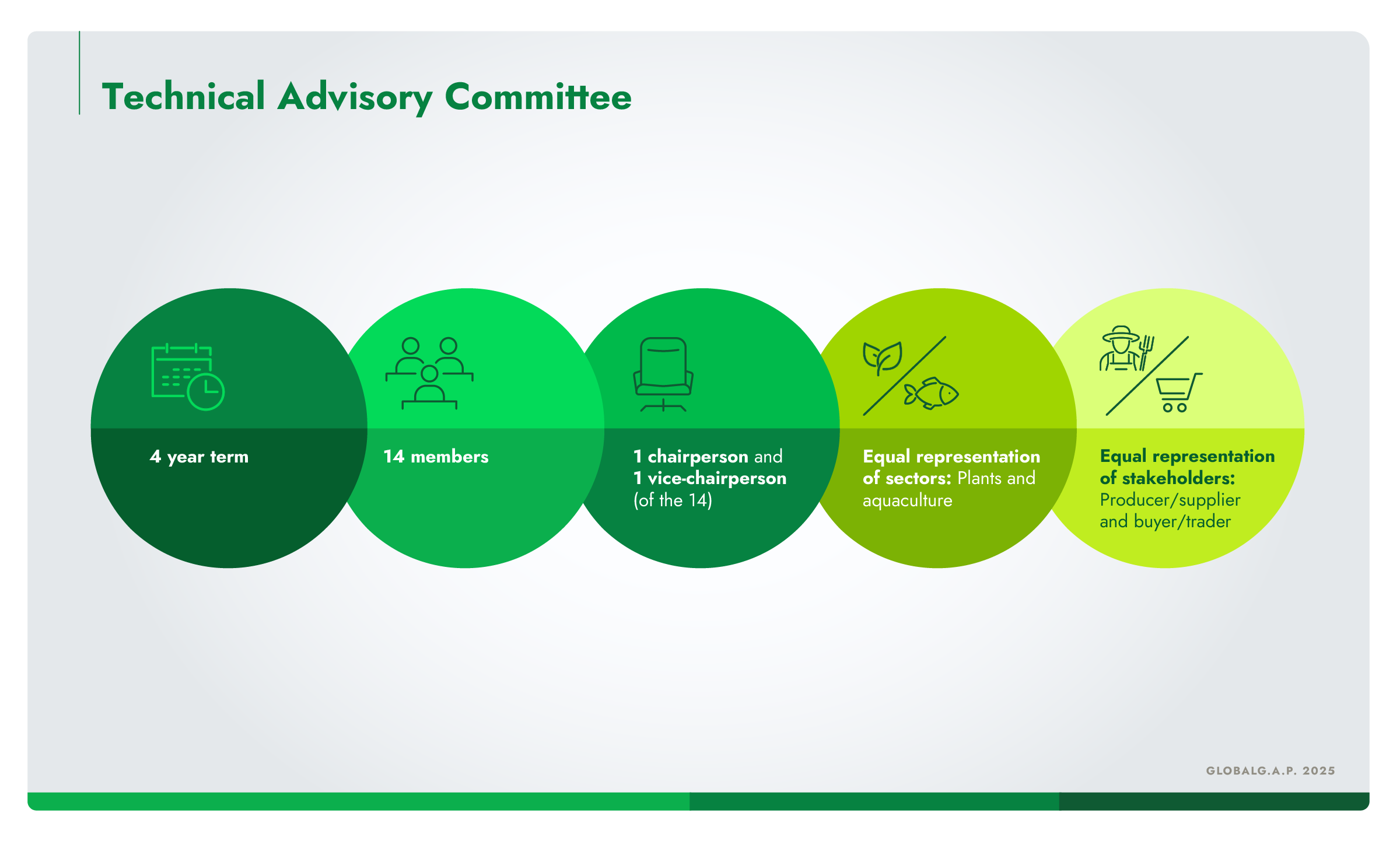
TAC members

Paul Adams
PepsiCo International
Chair
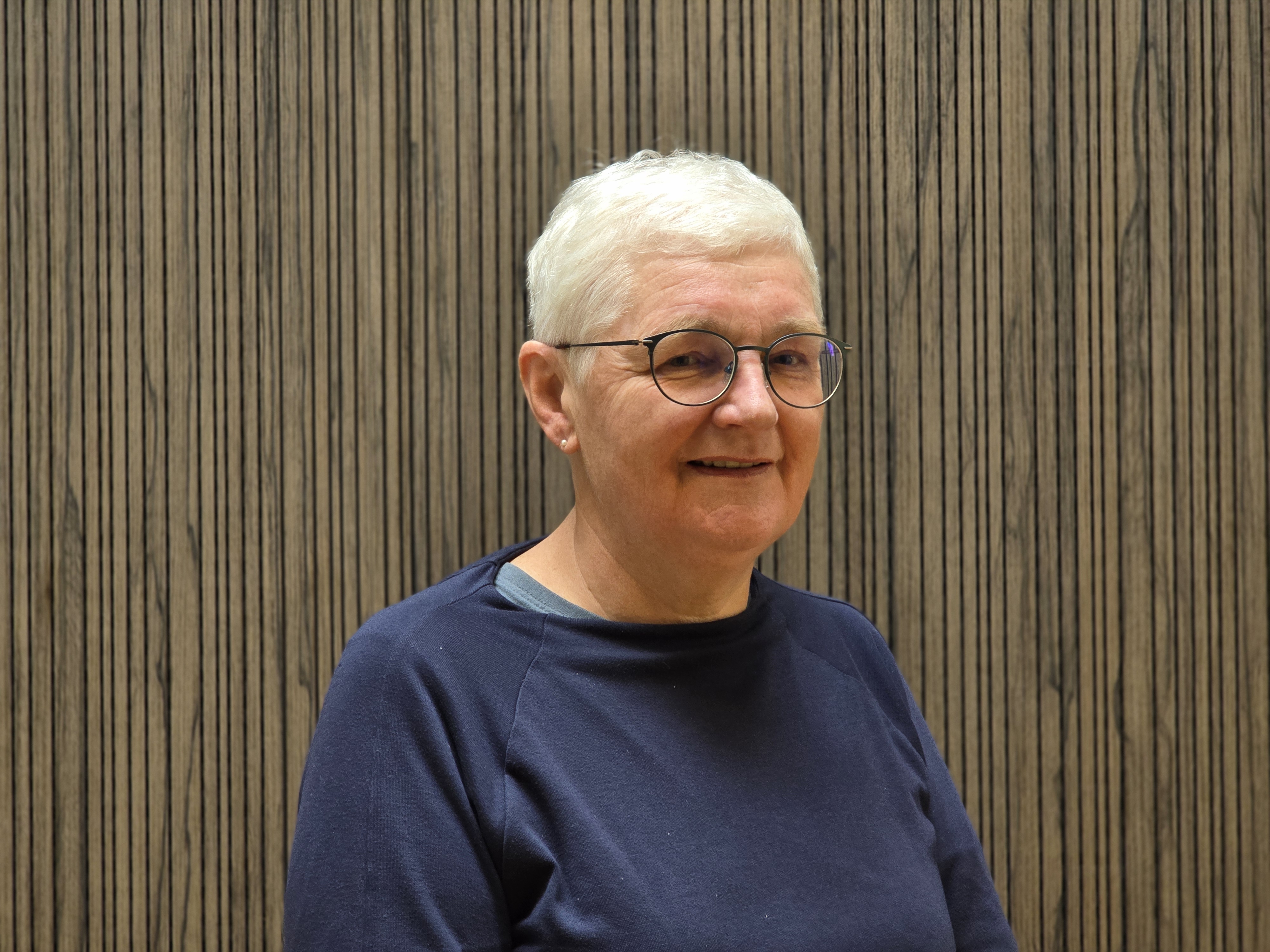
Ann de Craene
Verbond van Belgische Tuinbouwcoöperatives (VBT)
Vice Chair
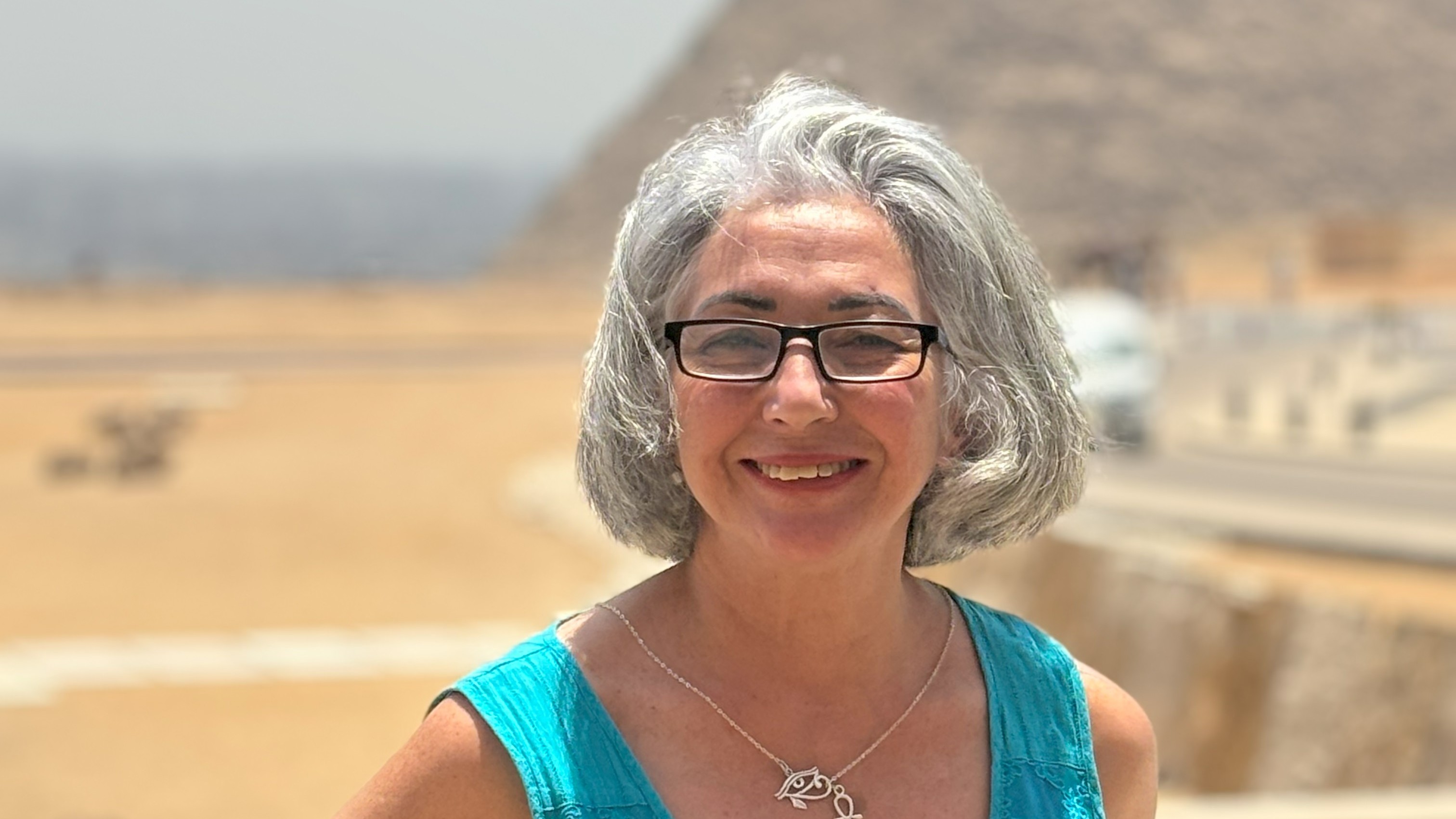
Manal Saleh
Blue Moon LLC

Betina Jahn
SGS Germany GmbH

Andreas Bierke
ALDI Nord
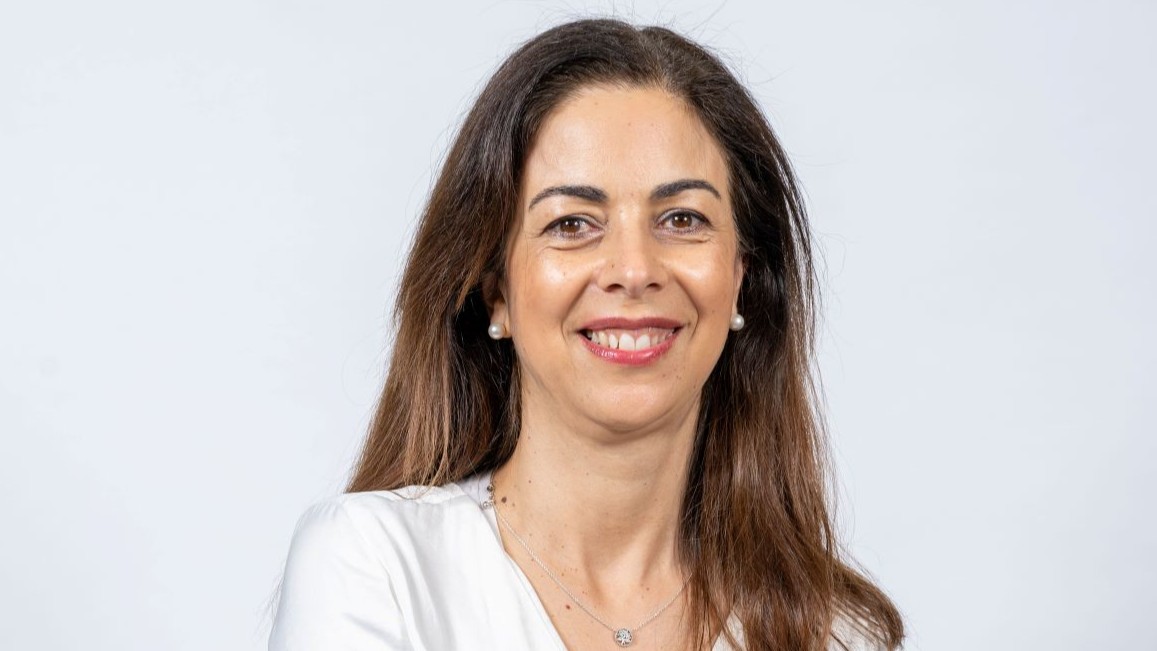
Ondina Afonso
Sonae MC
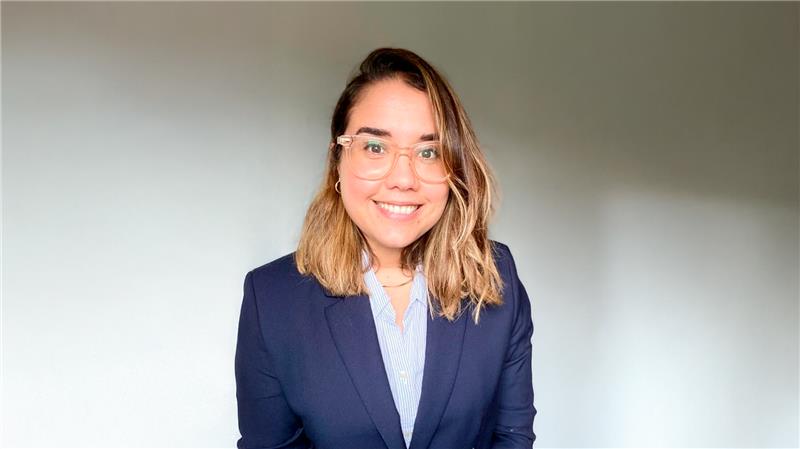
Teresa Fernández
Hilton Foods
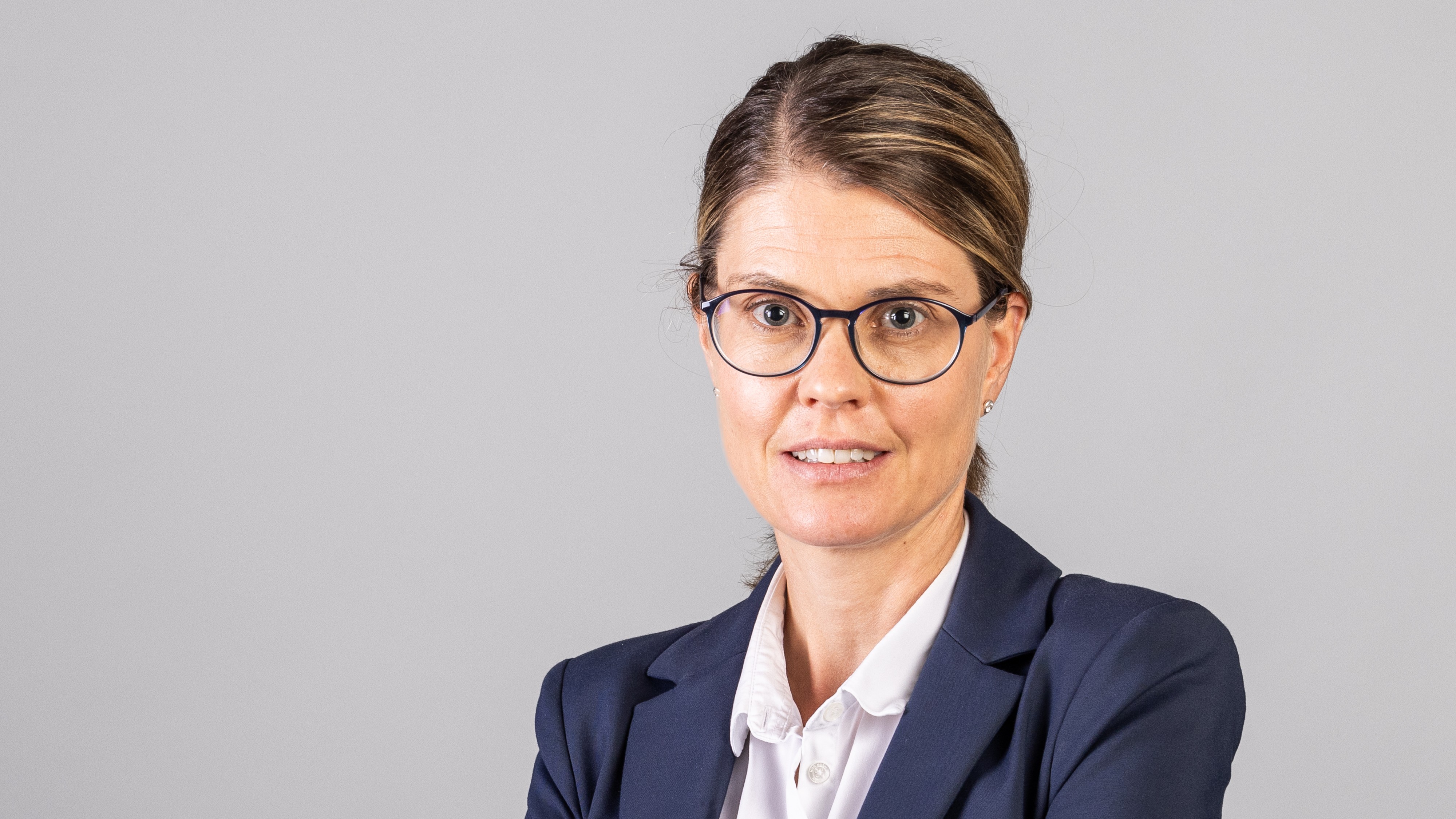
Kathrin Pirchstaller
VOG (Alpoma)

Séverine Maldes
Blue Whale SAS

Katrin Matheis
Lidl Stiftung & Co. KG

Gerald Erbach
EDEKA ZENTRALE Stiftung & Co. KG

Carlos Suarez Isaacs
U.S. Grains Council

Vincenzo Gerri
NSF